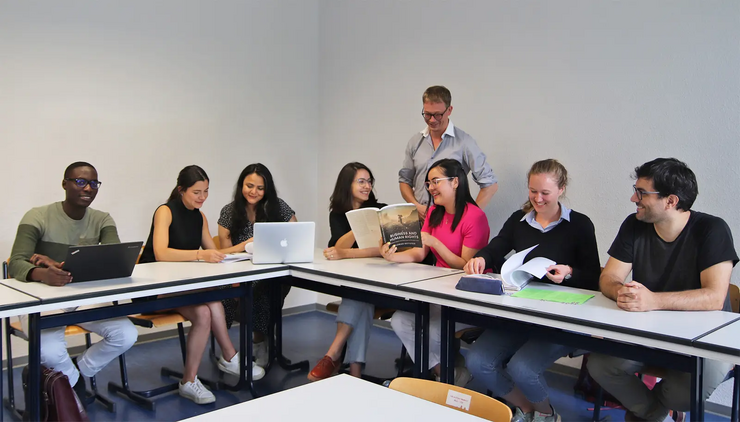
The Global Justice Clinic combines teaching, research, and hands-on social engagement. In this course, students work on real cases from different fields of international law, such as human rights, climate protection, development, and global health.By tackling real-world injustices, students explore how law plays an ambivalent role in maintaining and combating these injustices. They gain insight into critical and activist legal practices and collaborate with partner organizations to develop practical solutions. Through experience-based and research-driven learning, students enhance their ability to apply and critically reflect on international law. They actively use these skills to support disadvantaged individuals seeking justice.
This course is part of the “Clinical Education in Global Justice” project, funded by the Foundation for Innovation in Higher Education. More details are available on the professorship’s website under “Projects” → “Global Justice Clinic.”
The Global Justice Clinic is part of the International Law module and complements the International Law lecture. To complete this module, students must register for both the sub-module “Lecture on International Law” and the sub-module “Practical Seminar on International Law: Global Justice Clinic” via Elvis.
Enrolment in the Moodle room is done using the universal enrolment key.
An Interdisciplinary Approach to Social Justice
The Global Justice Clinic adapts the well-established model of clinical legal education to the interdisciplinary context of political science and public law. At its core, the clinic engages with issues of social injustice, emphasizing that law is not a neutral instrument but is itself permeated by access barriers and hierarchies. We critically reflect on how human rights principles can be realized and how constitutional democracy can be strengthened.
A key feature of our work is the close collaboration with civil society partners in the fields of human rights, environmental justice, and development. This cooperation enables students to test legal strategies in concrete contexts and understand the role of legal mobilization in societal change. Furthermore, we examine the practice of strategic legal empowerment and litigation to develop sustainable legal interventions.
Practice-Oriented Learning with a Global Perspective
As part of the Global Justice Clinic, students engage with current human rights issues and learn to use legal tools and advocacy strategies to advance social justice. They benefit from:
- A practice-oriented education: Students work directly with partner organizations on real cases, gaining valuable insights into legal advisory work.
- Interdisciplinary collaboration: The integration of law, politics, and social sciences broadens the understanding of global justice issues.
- International networks: Through hybrid learning partnerships and collaborations with clinic projects in the Global South, students are part of transnational legal exchanges and gain insights into global perspectives on justice.
Promoting Innovation through the Foundation for Innovation in Higher Education
Since April 2024, the Global Justice Clinic has been supported by the The Foundation for Innovation in Higher Education (Stiftung für Innovation in der Hochschule). This funding enables us to develop the program “Clinical Education in Global Justice”, which explores new, interdisciplinary approaches to legal education. A particular focus is placed on strengthening international networks, especially with partners from the Global South.
Commitment to a More Just World
The Global Justice Clinic offers not only a solid legal education but also the opportunity to actively contribute to social justice. By learning to use law as a tool for positive change, students make a meaningful contribution to supporting marginalized communities and strengthening democratic principles.
Contact us to learn more about our work or to get involved in the Global Justice Clinic!
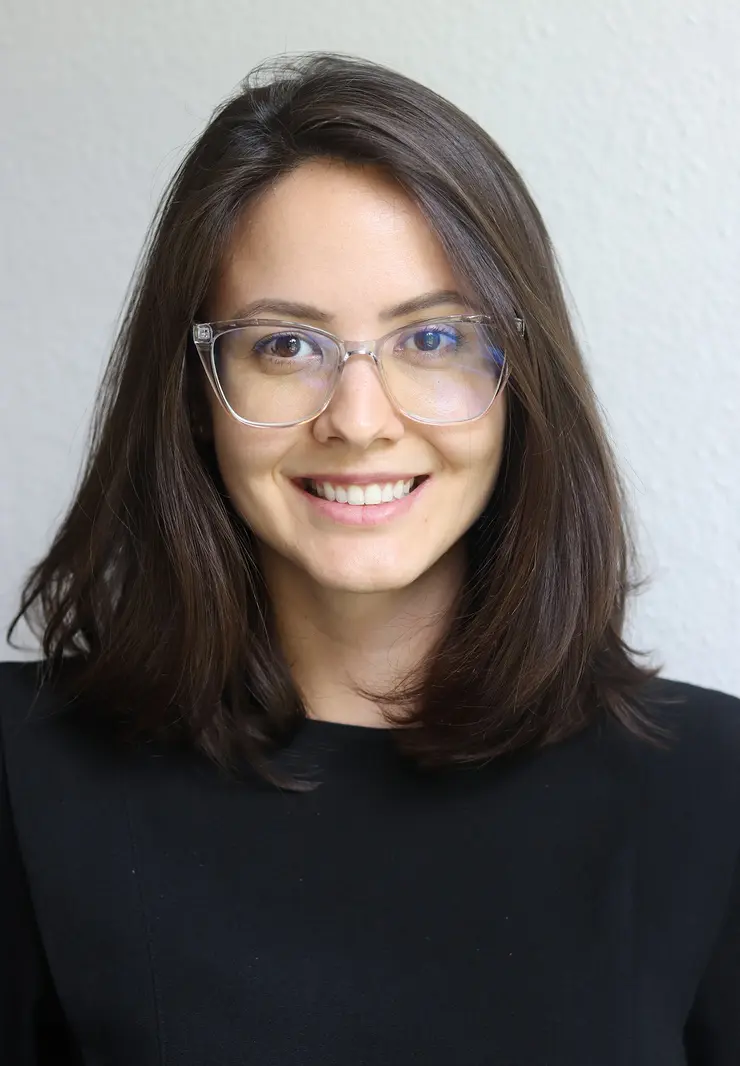
The case studies in the Legal Clinic brought the theory learned into real life. It's a rewarding feeling to be working on an assignment that will be used to solve real issues with the partner organisations.
- Laisa Pereira
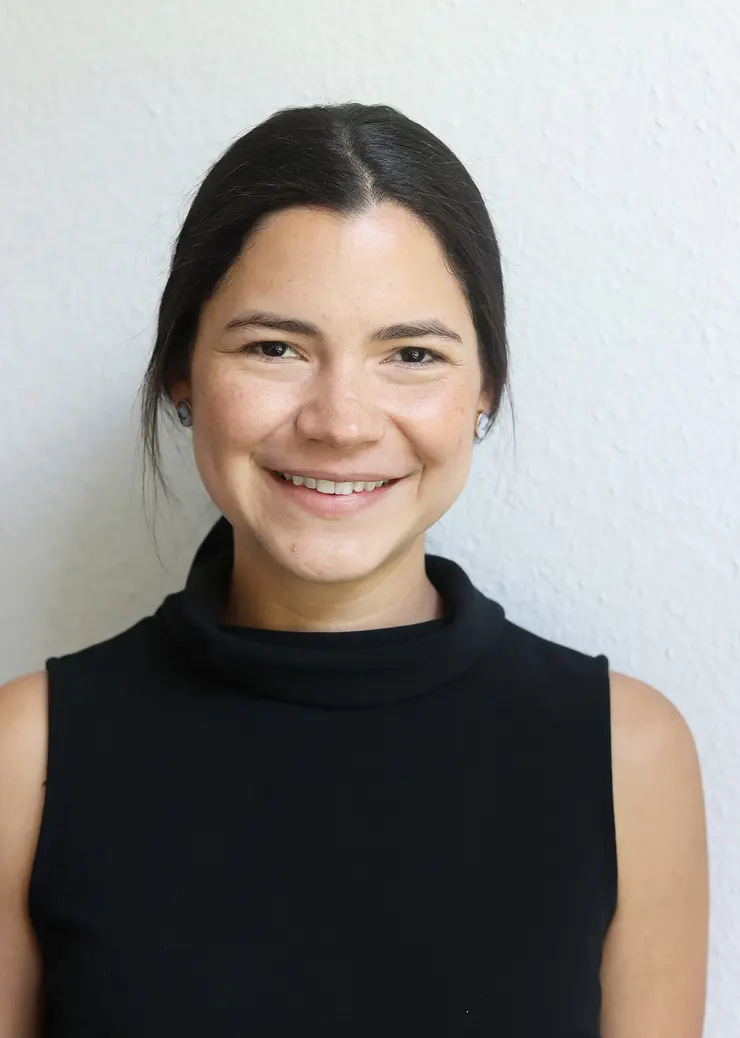
As a Public Policy student and coming from a business background I found this class extremely helpful as it helped me understand the interaction between the private sector and legal institutions. The use of guest speakers and the group case study provided a great opportunity to apply the theoretical frameworks we learned during class into a professional, real-life situation. It was also a great networking opportunity between class peers and subject matter experts in the field.
- Barbara Roman, B.Sc. Business Administration (University of Puerto Rico), MPP student at the Willy Brand School
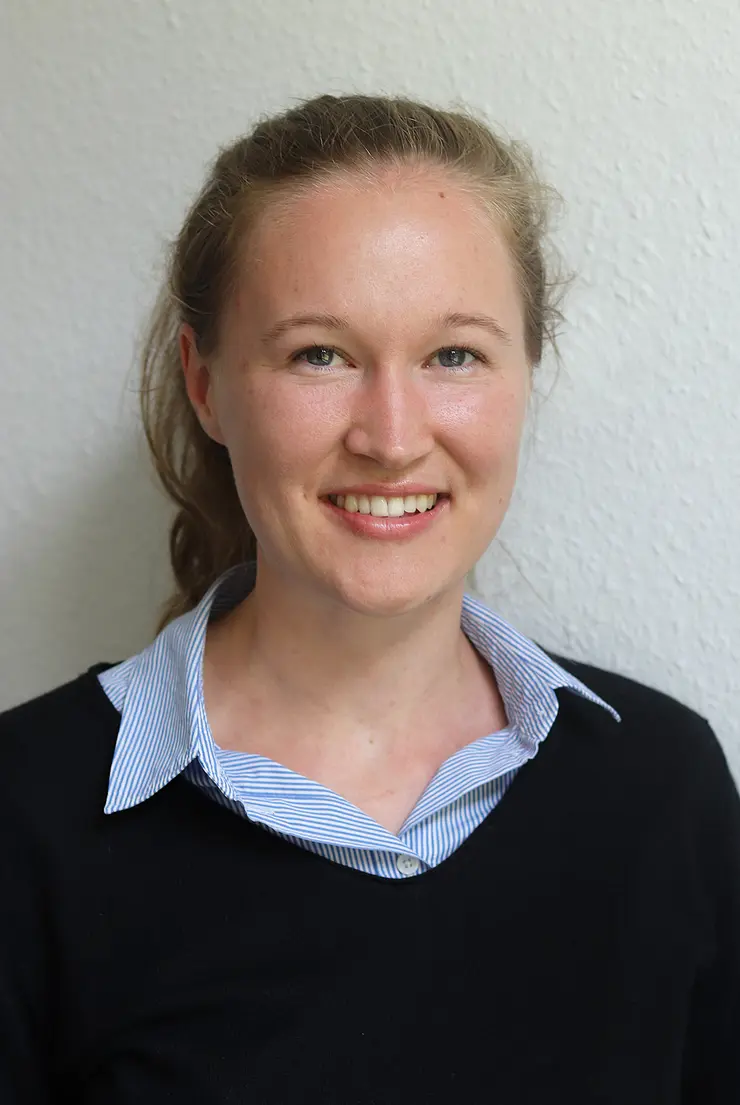
The clinic was a great and unique opportunity to experience the relevance of my studies for practice. Getting the necessary knowledge and benefiting from the diverse academic backgrounds of the other participants I was enabled to work on a challenging but so fascinating case within the field of Business and Human Rights.
- Isabelle Lamperti, B.A. Social Sciences, student of the Master in State Sciences (Staatswissenschften) at Erfurt University
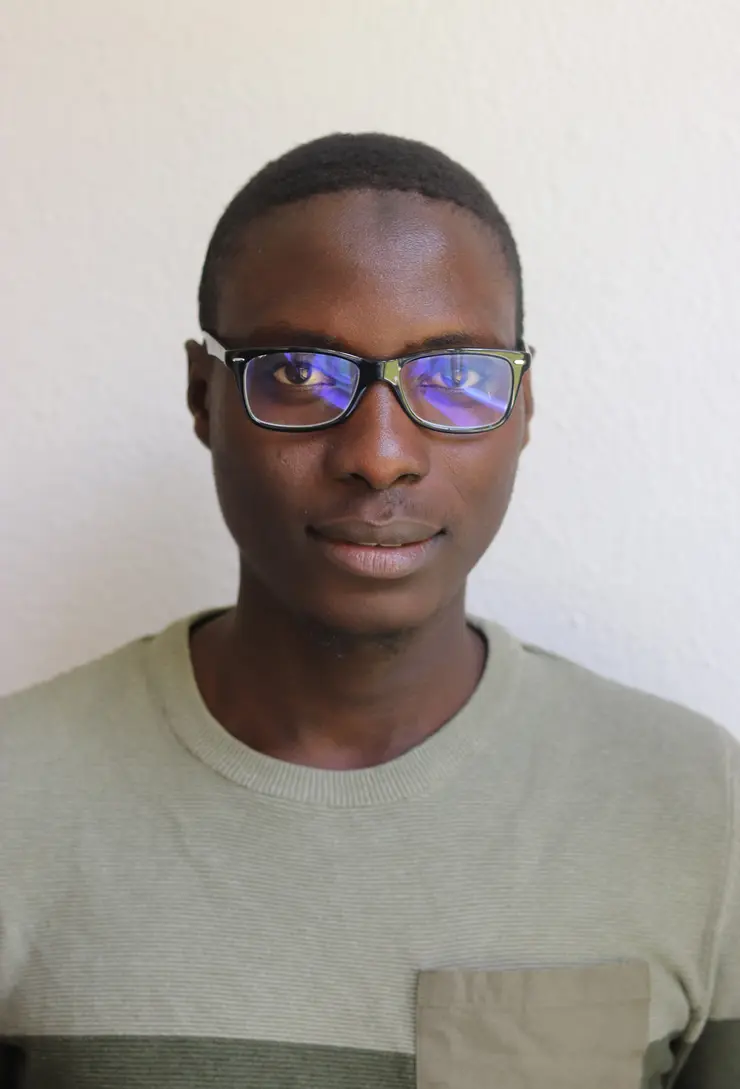
The BHR seminar was without doubt the seminar I always looked forward to, because of the critical, insightful, and important discussions from colleagues and above all the Professor. I will therefore highly recommend this module for students who want to widen their understanding of BHR and who are also interested in putting a stop to corporate irresponsibility.
- Ebrima Jarju, Law (University of The Gambia), MPP student at the Willy Brand School



